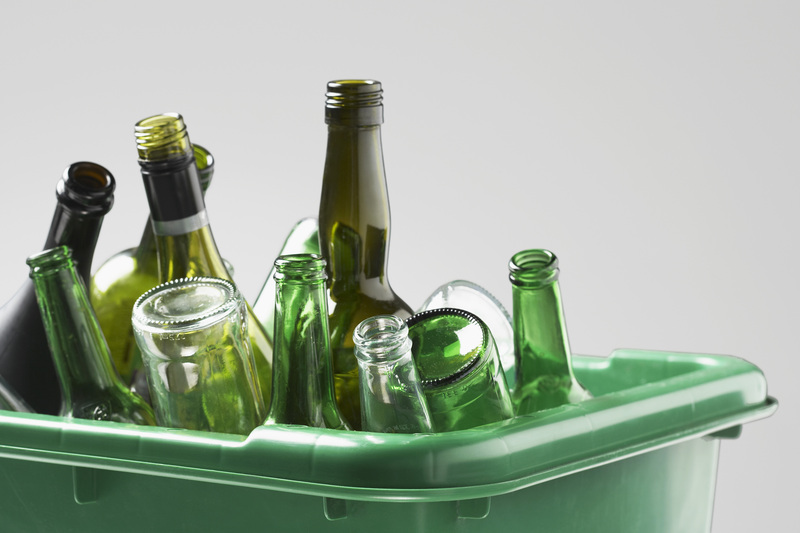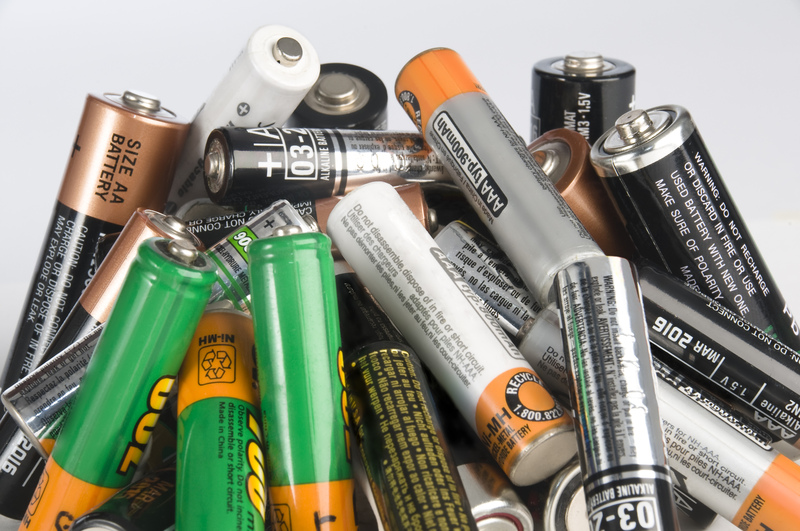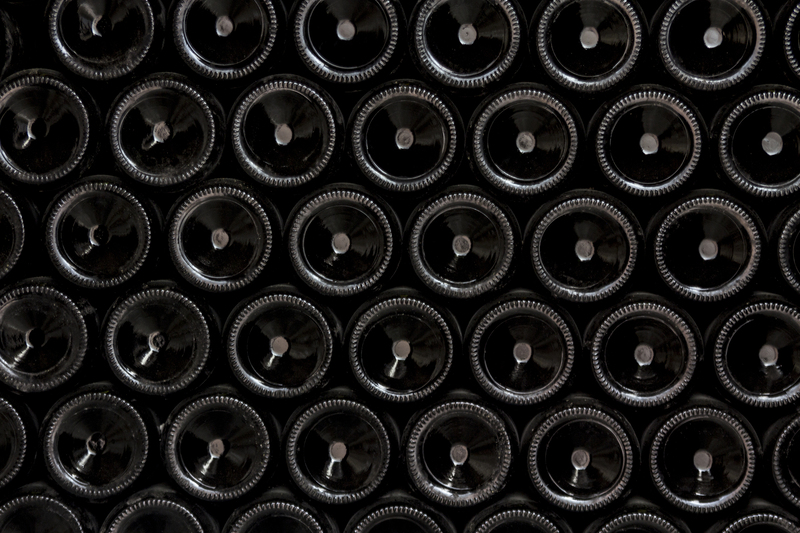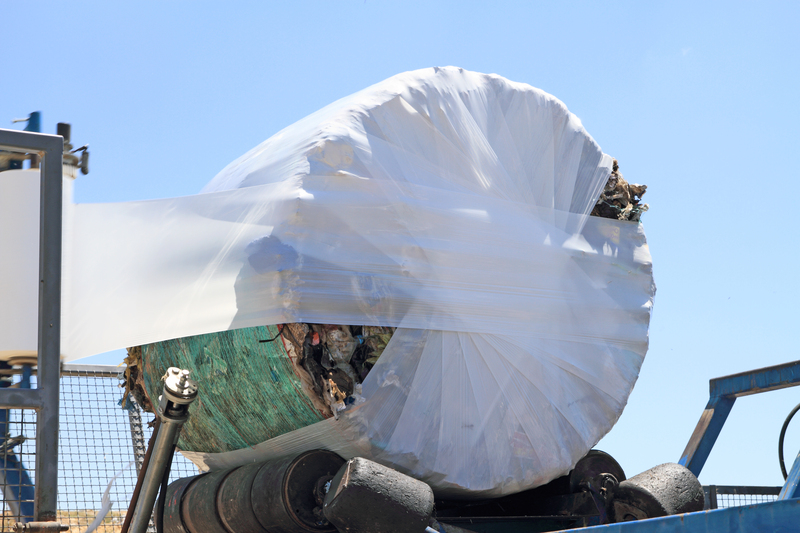 Cutting Down Waste in the Workplace
Cutting Down Waste in the Workplace In an era where sustainability is more than just a buzzword, cutting down waste in the workplace is a crucial step for any business looking to make a positive environmental impact.
 Cutting Down Waste in the Workplace
Cutting Down Waste in the Workplace In an era where sustainability is more than just a buzzword, cutting down waste in the workplace is a crucial step for any business looking to make a positive environmental impact.
 Safely Recycling Your Printer
Safely Recycling Your Printer In the era of digital transformation, the lifespan of electronic devices is significantly shorter than it used to be. Printers, in particular, tend to be one of the more frequently replaced office devices.
 Recycling Your Old Cookware
Recycling Your Old Cookware Recycling old cookware is an essential step toward sustainable living.
 Thames River's Battle with Plastic Waste
Thames River's Battle with Plastic Waste The Thames River, London's iconic waterway, has long been a vital artery of commerce, culture, and biodiversity. However, in recent years, it has faced increasing challenges, primarily from plastic waste.
 How to Be Eco-Conscious in Daily Life
How to Be Eco-Conscious in Daily Life As the impacts of climate change become increasingly evident, adopting an eco-conscious lifestyle is more important than ever.
 Steps to Discard Metal Waste Properly
Steps to Discard Metal Waste Properly In our increasingly industrialized world, the accumulation of metal waste poses significant environmental and health risks.
 Signs You're Becoming a Hoarder
Signs You're Becoming a Hoarder Hoarding is often an overlooked issue, but it can have significant impacts on your life and mental well-being. Recognizing the signs early can help you take proactive steps to manage or even reverse the behavior.
 Eco-friendly Styrofoam Recycling Tips
Eco-friendly Styrofoam Recycling Tips Styrofoam, known scientifically as expanded polystyrene (EPS), is a material that poses significant environmental challenges.
 Recycling Errors: Are You Guilty of These?
Recycling Errors: Are You Guilty of These? Recycling is a critical part of our effort to reduce waste and conserve natural resources. However, even the most well-meaning recyclers can make mistakes that undermine the process.
 Halting Microplastic Contamination
Halting Microplastic Contamination Microplastic contamination has emerged as a global ecological and health crisis. These tiny plastic particles, often less than 5mm in size, infiltrate our oceans, food, and even drinking water.
 Reducing Your Plastic Footprint
Reducing Your Plastic Footprint The pervasive use of plastic in our daily lives has led to an environmental crisis.
 Trash Removal Sacks - Convenient Skip Option
Trash Removal Sacks - Convenient Skip Option In today's fast-paced world, finding effective and efficient ways to manage waste is more important than ever. One such solution that is gaining popularity is the use of trash removal sacks.